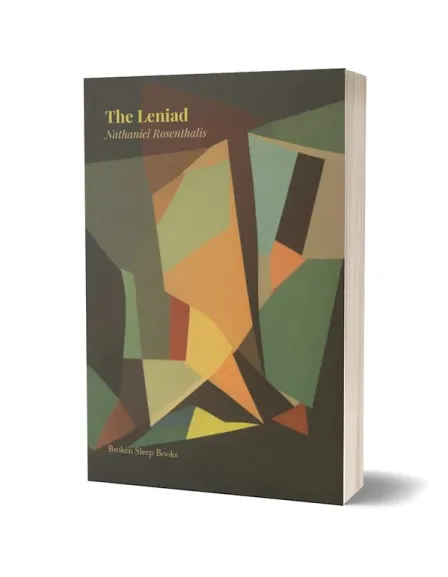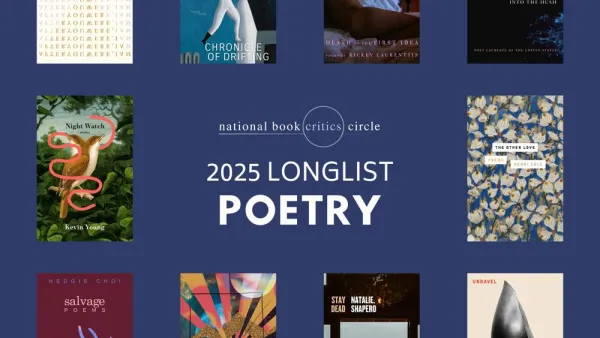Praise for MFA Alum. Nathaniel Rosenthalis and The Leniad:
Has the illusion of personal history and its attendant psychology ever been more succinct than in these poems? “Occasion: / last Friday. / Still bitter.” Rosenthalis’s long poem, “The Leniad,” takes Virgil’s Aeneid—that twelve-book epic that famously begins, “I sing of arms and the man”—and allows “the man” (here, named Leni instead of Aeneas) to speak for himself. When Leni talks about “arms,” he’s talking not about armor and spears but about “the arms of a man.” These poems revel in the delight of thinking, of writing, of language, of love, and of being brought down and built back up (like Rome from the ashes of Troy) after a break up. They are nothing short of remarkable, the kind of fun that makes you think.
— Mary Jo Bang, A Film in Which I Play Everyone
The Leniad takes inspiration from Virgil, from Dante, but The Leniad is like nothing else, its scope both epic (“…the last time I made this trip/ into the lower level of hell/the cliff face hadn’t yet collapsed”) and momentary (“the worried look of something about to turn in a wind”). This is an exhilarating journey, the frozen past and the grim here-and-now liberated, enlivened by discourse, intercourse, their astonishing offspring, poems both wildly inventive and brainy, erotically charged and heart-breaking. In the hands of the cerebral cortex, heartbreak sparkles.
— Kathryn Davis, Aurelia, Aurélia
“My devotion, after all/is that I even got up,” says Nathaniel Rosenthalis, belying the title of his mesmerizing debut, I Won’t Begin Again. For, in poem after poem, Rosenthalis argues for – and enacts – resilience in a world where doubt can seem “the architecture of the moment.” “Not fantasizing, not hoping, was error also,” and indeed these poems resist the world’s (and the self’s) instability by noticing the least detail (“it was like/resistance//to notice, so/I did. And do”) but through a teetering of vision: a green wall is “millionly leafy,” the sun “crumples one random can,” which is to say that the poems are acts of reinvention, of reimagining life’s possibilities. Philosophical, surreal in the tradition of Rimbaud’s Illuminations, and slyly erotic, I Won’t Begin Again is finally a triumph of emotion, what Rosenthalis defines as “putting yourself over another/to make a different sense.” I feel changed by these poems – powerfully so, gratefully.
— Carl Phillips, Then the War
Get your copy of The Leniad from Broken Sleep Books
Learn more about Nathaniel Rosenthalis and his work on his website, at: www.nathanielrosenthalis.com





